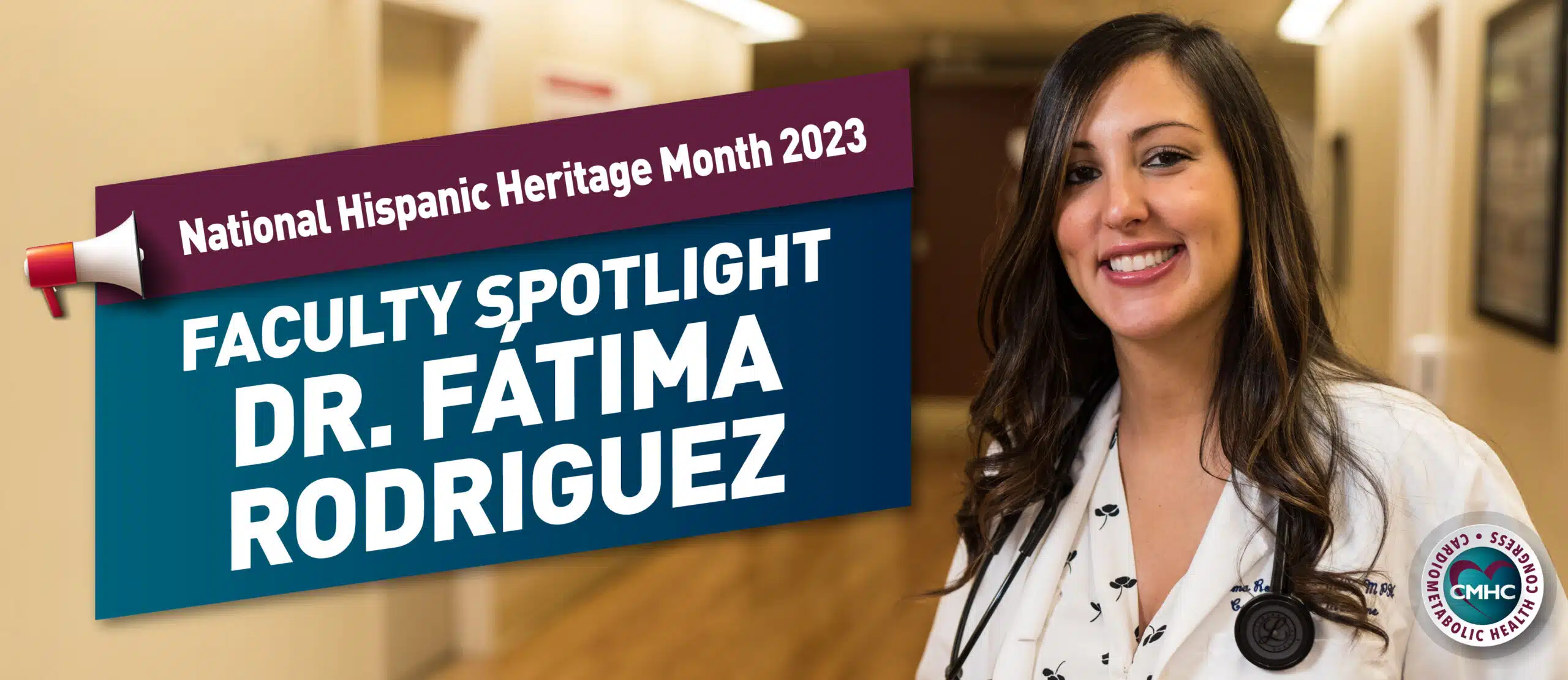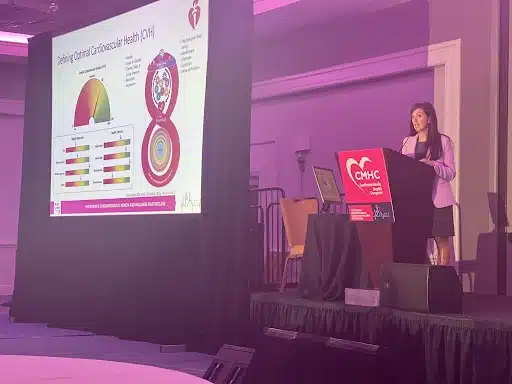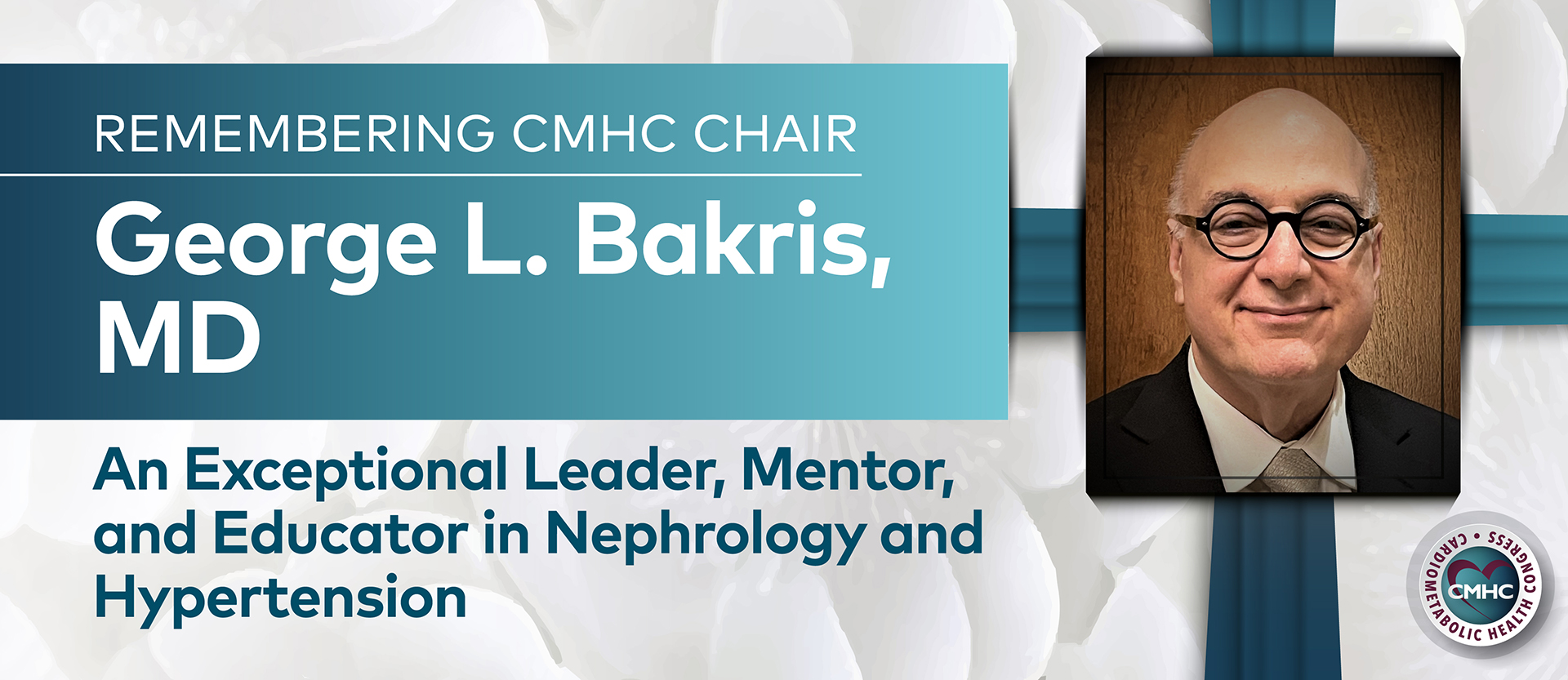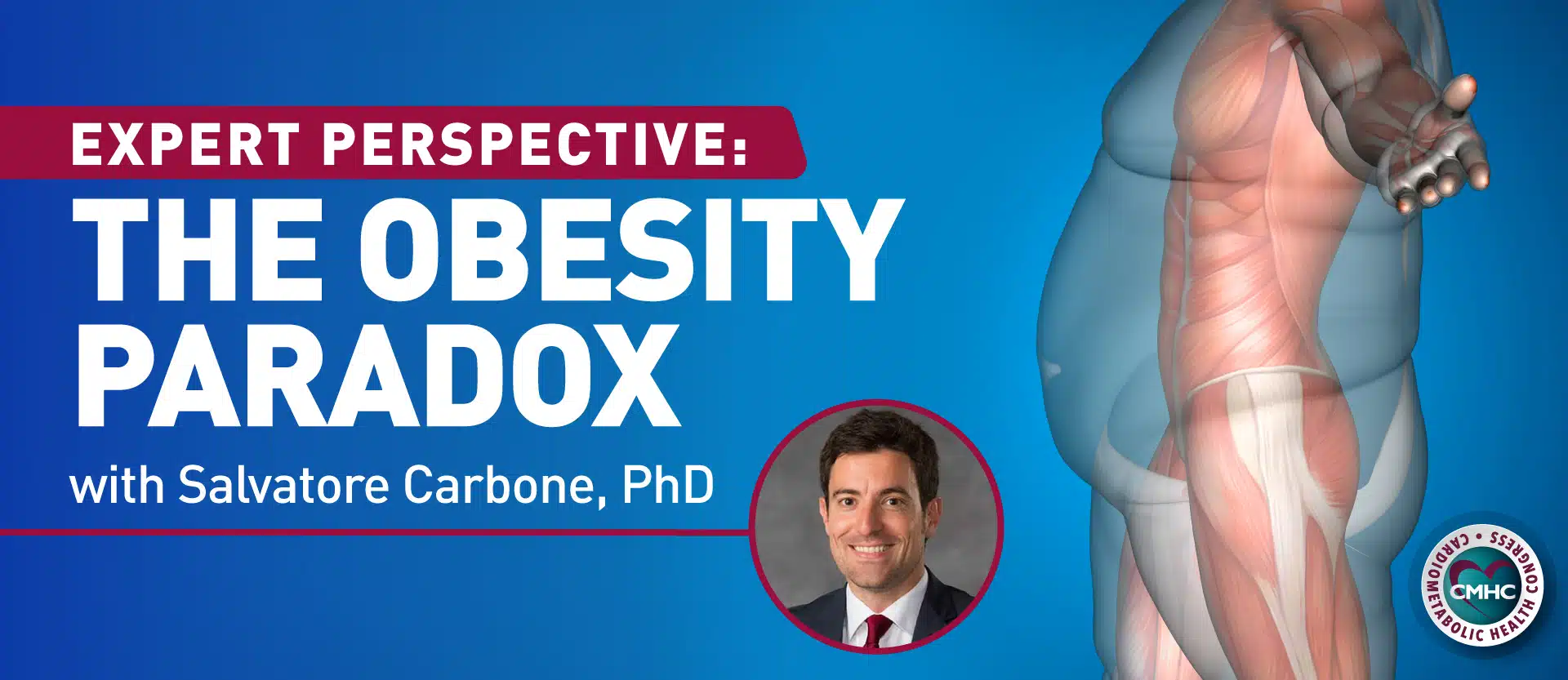Cardiometabolic Health Congress faculty member, Fátima Rodriguez, MD, MPH, has committed much of her clinical and research efforts to reducing health disparities in Hispanic-American communities.
Cardiometabolic conditions – specifically obesity, diabetes and heart disease – disproportionately affect the 60 million people in the U.S. with Hispanic heritage. Cultural customs like diet and lifestyle can be compounded by language barriers to create challenges in reducing the rates of these diseases. Hispanic people living in the U.S. face difficulty in accessing affordable health care for the prevention and management of cardiometabolic and cardiovascular diseases, resulting in higher rates of morbidity and mortality than in their non-Hispanic white counterparts. Because Fátima Rodriguez, MD, MPH, has a personal connection to the Hispanic-American community, she is dedicated to understanding and eliminating these gaps through her research, clinical practice, teaching and advocacy efforts.
Dr. Rodriguez was born in Spain and immigrated to Miami with her mother and younger brother as a child. After watching her mother receive life-saving cardiac surgery for critical rheumatic mitral stenosis, 14-year-old Dr. Rodriguez became determined to become a cardiologist. This experience also motivated her interest in addressing language barriers and social determinants of health that impede access to high-quality, evidence-based care. Aided by her aptitude for math and science and with support from many dedicated teachers and mentors, she achieved this goal by obtaining both a Medical Degree and a Master of Public Health from Harvard.
It was at Harvard Medical School that Dr. Rodriguez began to hone her clinical focus on reducing health disparities, particularly to develop and implement interventions to improve outcomes for vulnerable populations such as Hispanic Americans suffering from heart disease. A vital part of accomplishing this goal is through methods to include more Hispanic patients in clinical trials to more accurately reflect the diverse population of the U.S. As the Section Chief of Preventive Cardiology in the Division of Cardiovascular Medicine at Stanford, Dr. Rodriguez commits much of her time as a clinician and researcher to reducing racial, ethnic, and gender disparities in cardiovascular disease prevention.
In recognition of her efforts to close gaps in health outcomes, Dr. Rodriguez was awarded the Chair Diversity Investigator Award by the Stanford University Department of Medicine in 2020 and the 2022 Douglas P. Zipes Distinguished Young Scientist Award from the American College of Cardiology. She also co-chairs the National Minority Health Alliance and is an active volunteer with the American Heart Association. In this role, she often contributes to Spanish-language media releases to educate the Hispanic community on the latest evidence on how to prevent heart disease and stroke and promote cardiovascular health.
Cardiometabolic Health Congress was honored to welcome Dr. Rodriguez to the 2023 Women’s Cardiometabolic Health and Wellness Masterclass, where she presented a session on Optimizing Cardiometabolic Health in Underserved Populations. She also contributed her unmatched insights to an expert panel on Lifestyle and Obesity in Women Across the Lifespan, where she engaged in candid discussions with other experts and fielded questions from the audience with care and insight. Because both women and racial and ethnic minority groups face challenges to care and disproportionate disease burden, understanding and managing patients who identify with both patient groups is paramount to overcoming these compounded disparities.





















